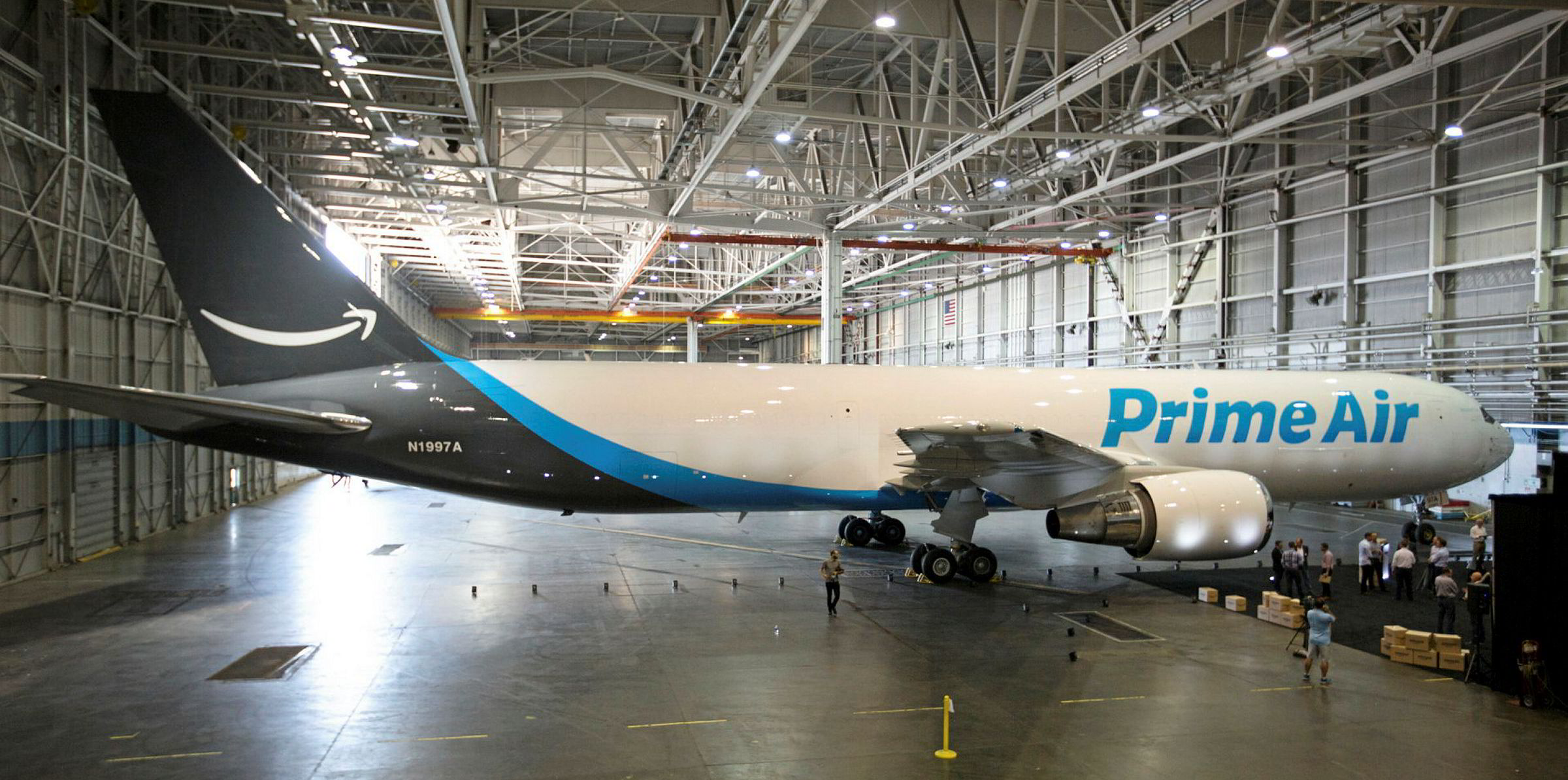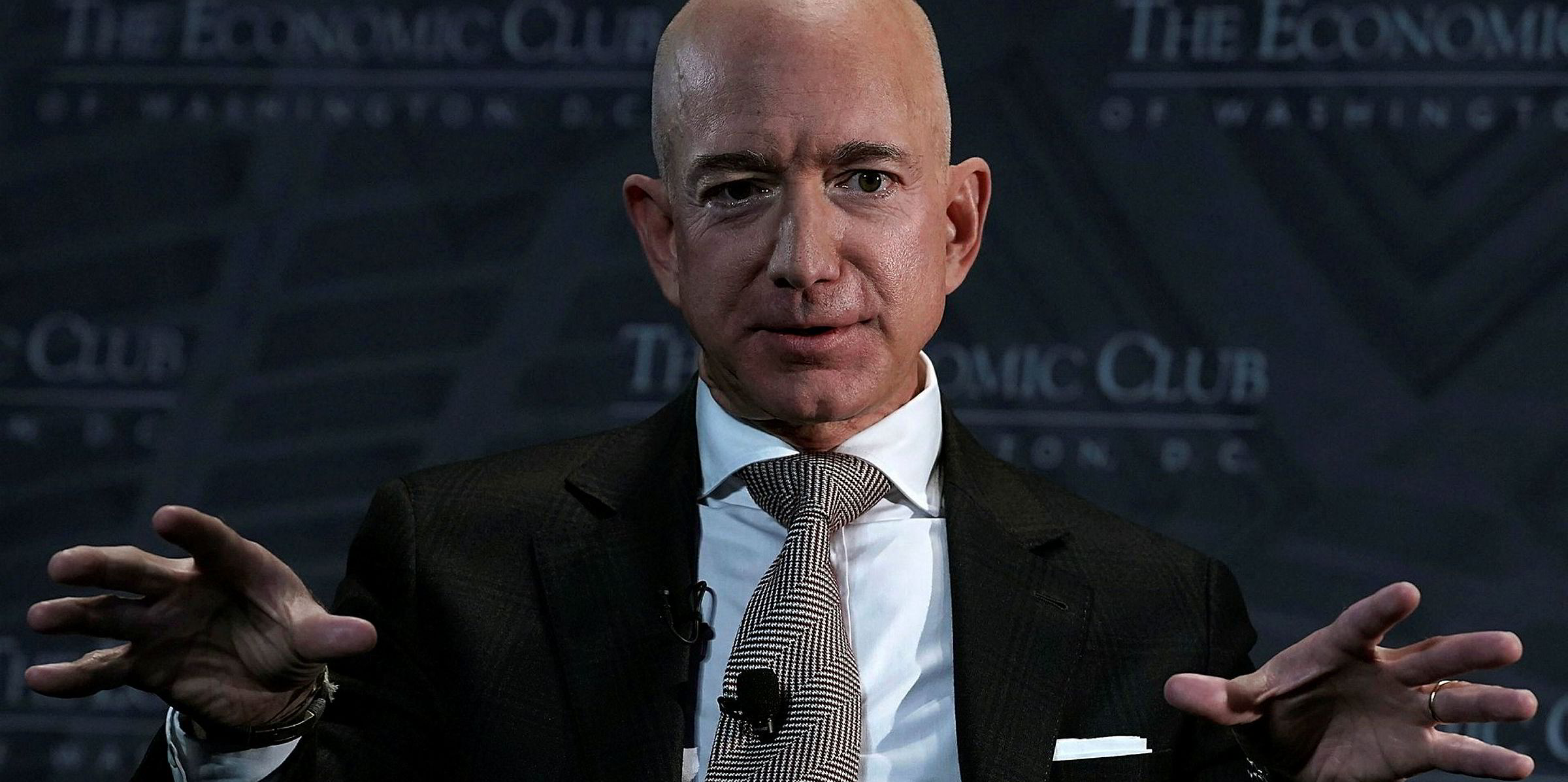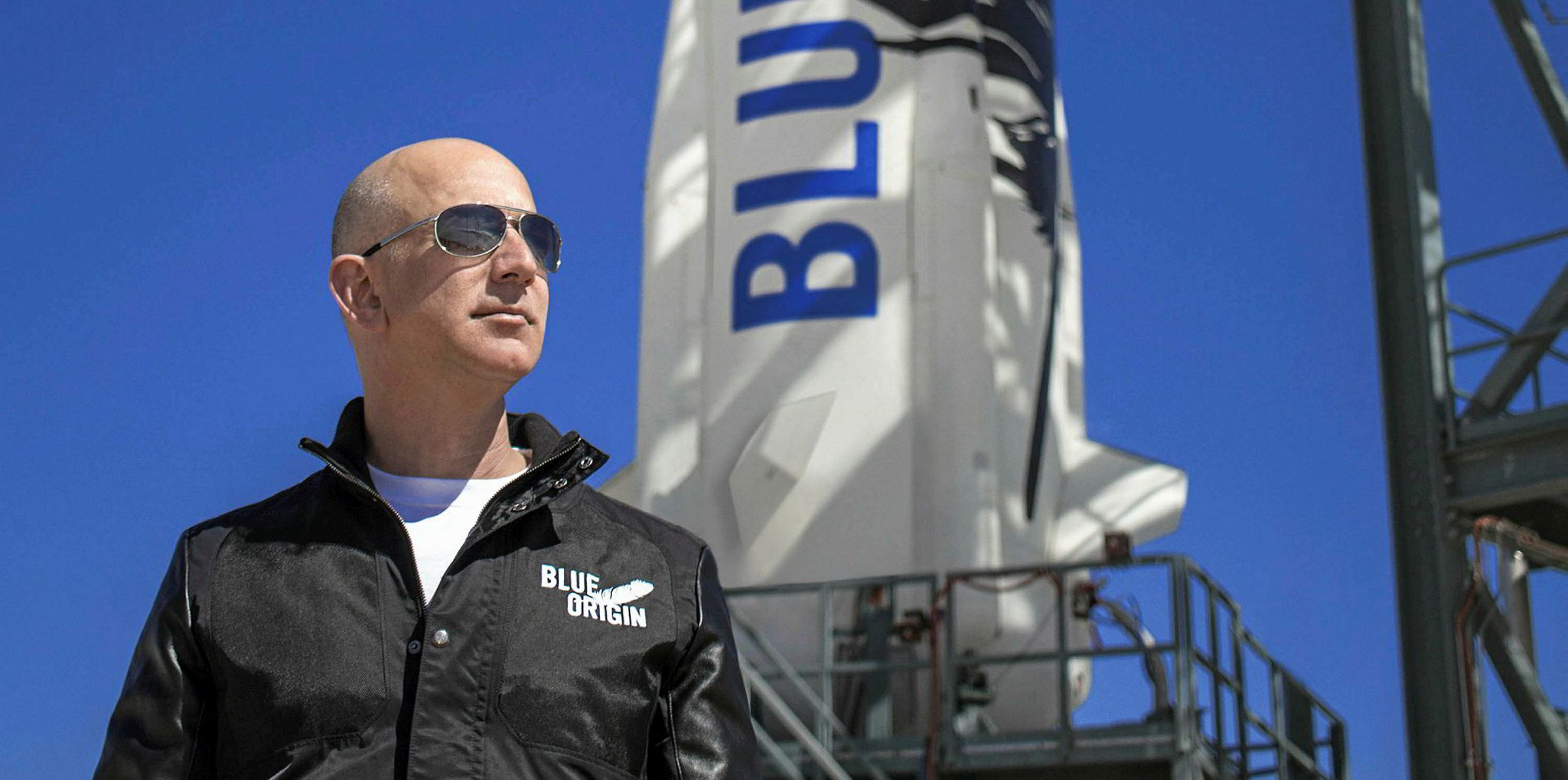News last week that Amazon founder Jeff Bezos was one of the largest investors in a $15m fundraising by a freight forwarder grabbed more headlines than would normally be expected for the sector and size of investment.
Beacon, the digitally focused company set up in 2018 by former Uber executives, gushed that the funding would allow its expertise in technology to “disrupt the trillion-dollar freight forwarding market by vastly improving the experience for importers and exporters with a more transparent and smarter shipping product”.
But despite its claim that this sector is ripe for digital disruption, UK-based Beacon is likely to find it will not be easy to deliver in a market that has already been evolving for generations.
Beacon chief executive Fraser Robinson, a former head of business for Europe and the Middle East at Uber, added that the future for traditional freight forwarders is more precarious than ever because of digitalisation and the coronavirus pandemic.
Not so old-fashioned
It probably sounds believable to outsiders brought up on the idea that the shipping industry is old-fashioned and slow to modernise — a view that, although once fairly accurate, is less and less the case.
Not surprisingly, traditional forwarders are disparaging about disruption and claim they are already employing most of the exciting innovation that the start-ups promise.
British International Freight Association director general Robert Keen told TradeWinds he feels like Bill Murray in “Groundhog Day” because of the number of times he has been told the rise of software start-ups spells the end for forwarders.
“It’s a load of rubbish,” he said. Forwarders are developing and delivering technology-led services comparable with those of the digital disrupters, he contended, adding that the “adapt or die” message has a chequered history.
“One forwarder I know, a family-owned European firm, has in their archive a letter from a great-grandparent proclaiming the company’s demise with the arrival of rail in the mid-1800s. It’s still going strong.”
Deepsea shipping has seen its fair share of disrupters come and go too. The dot.com boom of the turn of the century fizzled out, with large amounts of money spent by the likes of LevelSeas failing to “disintermediate” the broking scene.
Major brokers depicted back then as techno-dinosaurs have built enormously complex systems — think Clarksons, for one — while shipowners, such as Gil Ofer at Eastern Pacific Shipping, are leading innovation efforts. Digitalisation is spreading through all parts of the industry.
Enormously complex systems

A clutch of technology-led entrants with little experience of shipping but promising the earth has again emerged. And, yes, the internet is better able to deliver than 20 years ago, but almost everyone is already working in the cloud anyway.
Moreover, freight forwarding is a tight-margin competitive business heavily reliant on container lines for the initial dispatch of goods from Asian producers to Western consumers.
There are slim pickings for any firm investing huge amounts of cash to provide a service that can be only marginally better in either forwarding or container shipping when they are so reliant on the same transport systems used by their rivals.
And despite years of bleating that they are prepared to pay more for better customer service, most shippers are more focused on cheap delivery, and without the scale of the biggest logistics providers, Beacon will find it hard it to compete on rates.
Small beer alongside UPS and FedEx
That does not mean there is no threat. Amazon has long been suspected of wanting to build its own transport systems. Last week, Amazon Air announced it will lease 12 Boeing 767-300s to expand its fleet to more than 82 aircraft by the end of 2021. It’s not nothing, but it is still small beer compared with UPS and FedEx, which operate fleets of 550 and 600 aircraft respectively.
But despite long consideration, Amazon has not fully moved into transport. As far back as 2013, an internal report codenamed “Dragon Boat” envisaged carrying goods from manufacturers in Asia through an internal company named Amazon Logistics Shipping.
However, e-commerce could well be boosted by the coronavirus experience, and forecasts were already suggesting it will leap from 14% of the market to 68% by 2030.
Investment banker Paul Cuatrecasas, founder of "techquisition" firm Aquaa Partners, is just one guru predicting Covid-19 will accelerate disruption. His book "Go Tech, or Go Extinct", argues that acquiring technology disrupters is the key to survival for established companies.
But he told TradeWinds this year that it may be hard for traditional carriers to keep top computing talent when Google or Amazon are sexier employers.
However, if shipping companies see the worth of digitalisation and provide the opportunities and benefits of really pushing development, working for them could seem more worthwhile than working at a digital giant.







